#fjor saxa
Explore tagged Tumblr posts
Text
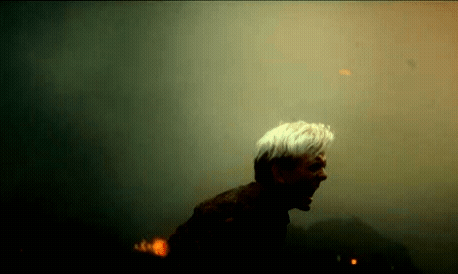
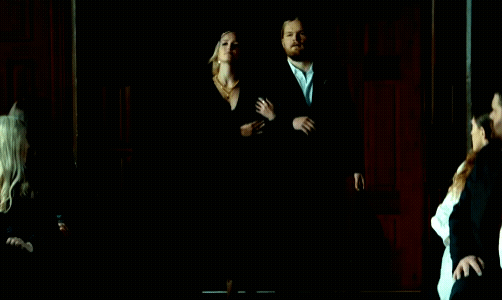
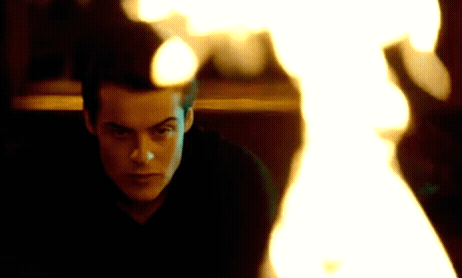
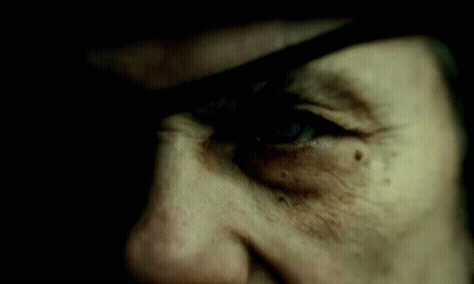


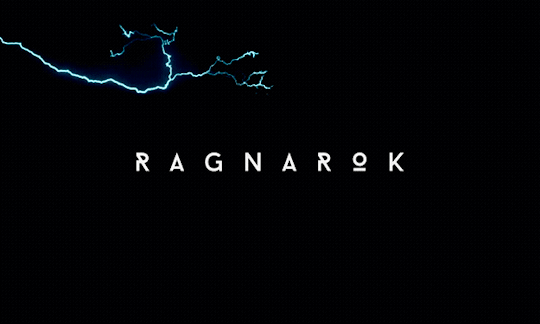
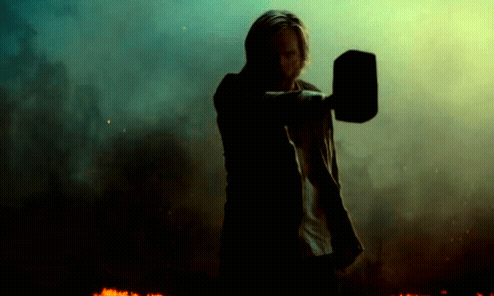

"This is it. The last battle between Gods and Giants"
— RAGNAROK Season 3 (August 24th)
239 notes
·
View notes
Text
Kind of got a fun little headcanon that there are actually WAY more people in the town of Edda who are fully aware of their status' as reincarnated gods and are just like: "Eh. It is what it is." and just go about their everyday lives as if nothing much has really changed with the occasional "YOU KNOW!" + "AND YOU KNOW!" moment spattered in.
I love this idea because it just makes Magne, Laurits and the others attempting to do hella sus shit in a completely unsubtle manner so much funnier when you imagine the handful of townsfolk, who always seem to be around for their shenanigans, just watching them and shaking their heads like: "Ah shit, Thor and Loki are back at it again."
#foxglovevibes#netflix ragnarok#ragnarok netflix#headcanons#magne seier#laurits seier#fjor jutul#saxa jutul#turid seier#vidar jutul#ran jutul#wotan wagner#iman reza#my own headcanon#norse mythology#norse paganism#norse gods#thor#loki#odin#freya
146 notes
·
View notes
Text
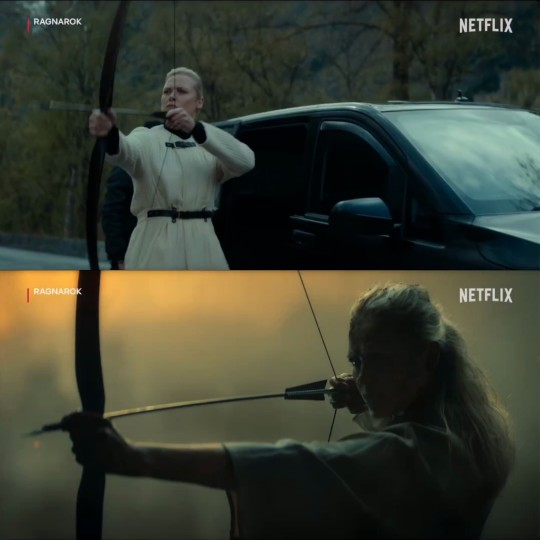
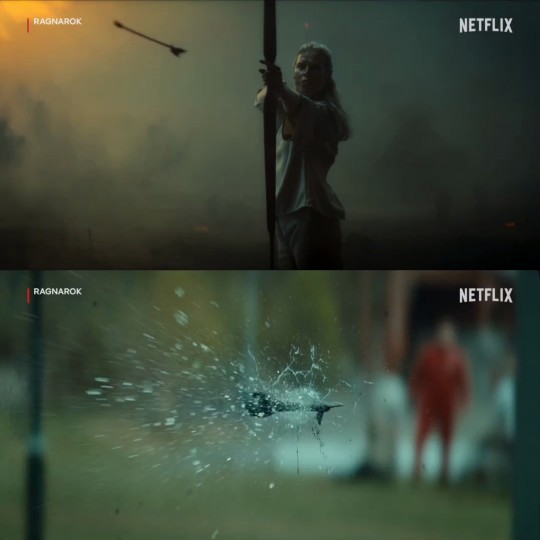
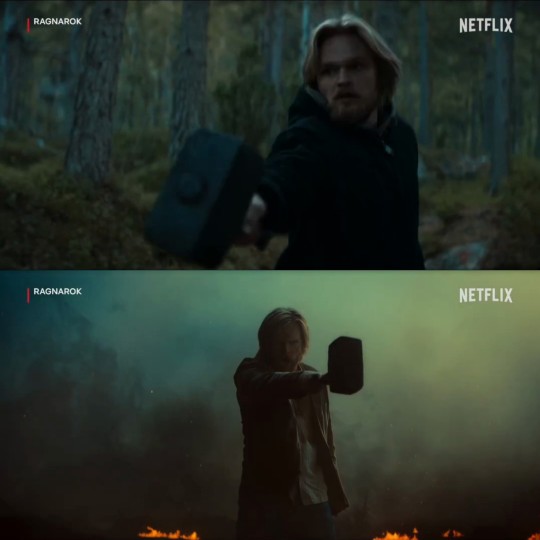
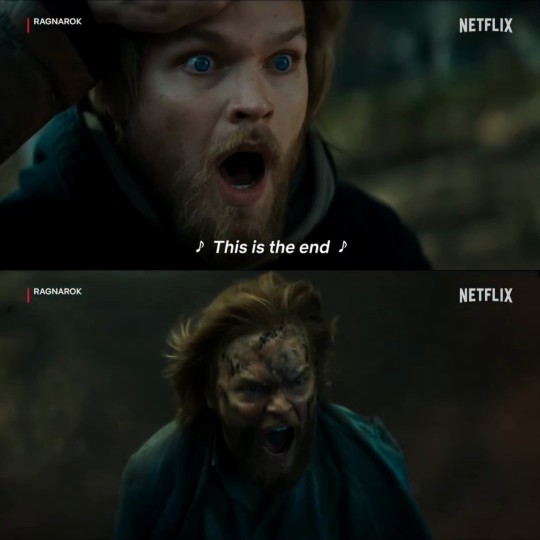
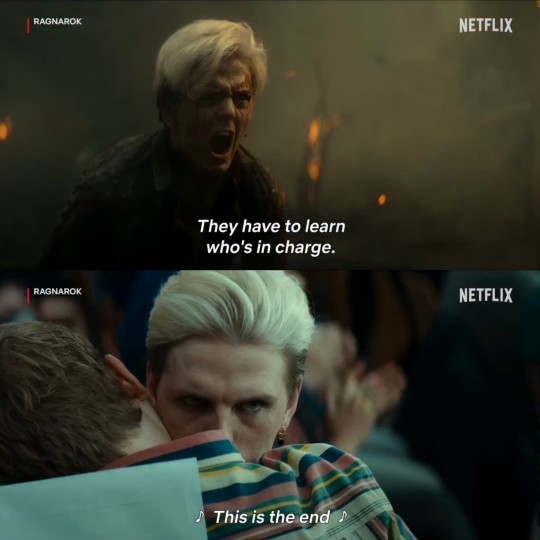
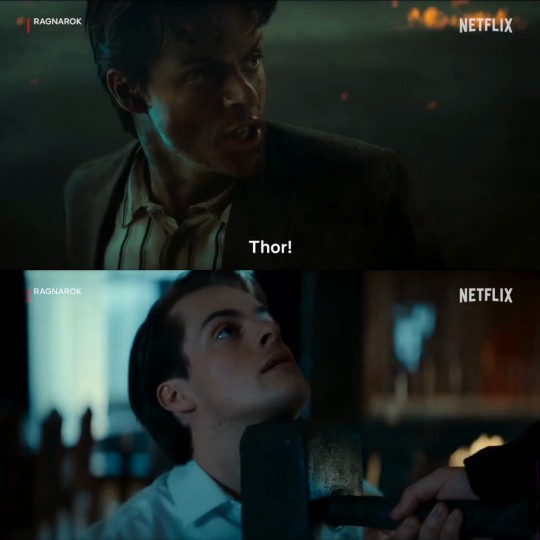
by the way, the placement of personnel is very interesting.
have you noticed that combat is intertwined with "mundane" life? Moreover, some frames are similar to each other, I would even say that they have a continuation of each other (at least a shot of Ran).
what if this fight takes place in another dimension, while in reality everything is different?
... just imagine how they run around the field, fighting with wooden sticks and arguing who hit whom first.....
#ragnarok 2020#ragnarok netflix#netflix nordic#jonas strand gravli#laurits seier#ragnarok season 2#ragnarok series#ragnarok#ragnarok season 3#ragnarok 2021#ragnarok 2022#ragnarok 2023#saxa jutul#fjor jutul#magne seier#ran jutul#herman tømmeraas#david stakston#synnove macody lund#synnøve macody lund
157 notes
·
View notes
Text









STILLS!!!!!!!
(what did they do to my boys hair, I cri)
#ragnarok netflix#Ragnarok#laurits seier#jonas strand gravli#herman tømmeraas#fjor jutul#saxa Jutul#david stakston#magne seier#loki#thor
206 notes
·
View notes
Text
Binge watching Ragnarok today and I have to say this was the best season of the series. The ending was a bit confusing but I liked the part where Thor had to die for Magne to live. I saw my girl Isolde as well ( I missed her so much). Still, I am a big #maxa shipper and I just loved the fancy and powerful vibes Magne and Saxa had together. But overall, the season was good, better than the other two for me :))
#fjor jutul#isolde#laurits ragnarok#magne seier#magne x saxa#ragnarok#thor ragnarok#loki#ragnarok netflix#season 3#saxa jutul#the end
44 notes
·
View notes
Text
I finished the S3 and without spoilers I will say two quick things:
1) it is clear that a similar argument, if represented today, can never be totally faithful to its "historical period". They were good at producing such an adaptation and I liked the actors to the end with their ups and downs but some choices I found questionable.
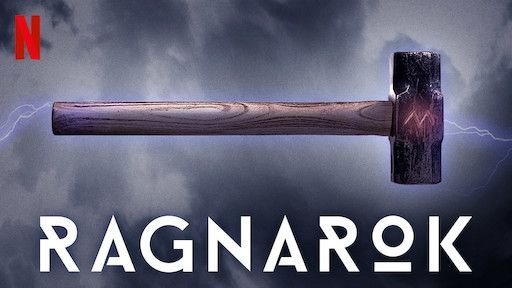
2) the ending...I was not entirely satisfied. I would have chosen another less obvious theme, in a certain sense you have belittled everything and... Boh. Maybe with a clear head I'll think differently.
I'm a great fan of nordic mythology and I recommend this series, it's worth it for certain reasons but as for the last episode...I don't know what to tell you.
I hope you can do it.
#ragnarok netflix#ragnarok#magne#thor#loki#laurits seier#laurits ragnarok#fjor jutul#saxa jutul#netflix#norse mythology#netflix series
39 notes
·
View notes
Text
Watching season 3 of Ragnarok on Netflix
From the first till the last episode it was thundering outside.
My ass: astronomical timing! Hi Thor! Enjoy the series?
#ragnarok netflix#ragnarok#season 3#laurits ragnarok#laurits seier#magne seier#saxa jutul#herman tømmeraas#fjor jutul#my god#wow#i expected more of the ending to be honest#lovely tho
27 notes
·
View notes
Text
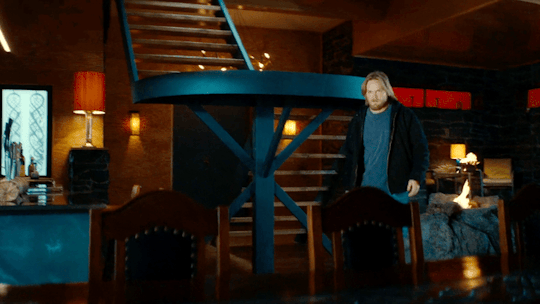

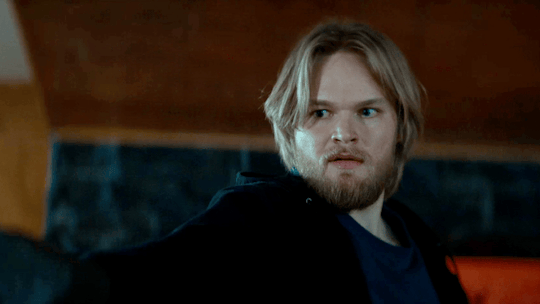
#david stakston#magne#herman tommeraas#fjor#synnøve macody lund#ran#theresa frostad eggesbø#saxa#ragnarok#gif
35 notes
·
View notes
Text
I just watched Ragnarok Season 3 and have some thoughts about it. Most of all, this is about Magne, and what I had in mind watching him throughout the series. Come scream at me with your own thoughts.
Keep in mind, this has some major spoilers of season 3.
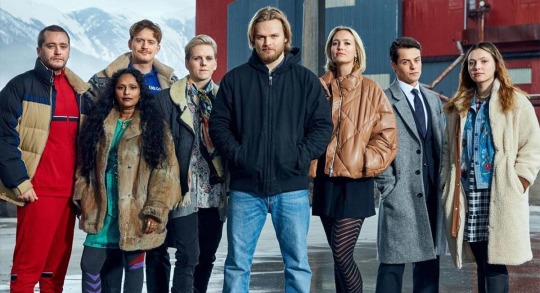
Magne
I totally get him, I get why the writers had us living through everything and then just to end it without the huge fight everyone expected.
Magne himself: he is the lone, strange kid. Too big, too silent. Maybe he could be considered to be on the neurodiverse spectrum. He also struggles with being dyslexic and seems to be behind his peers. That alone makes him a pariah for most. Season 3 with the comics and Turid‘s speech made a lot of things clear. (Maybe Magne never really understood or worked through the death of his father Asbjorn. He had somehow to cope.) Magne used to flee into whatever he could to feel like he belongs, to escape reality and not feel „worthless/powerless“ all the time.
Turid: She wants to be helpful but can’t to seem understand either Magne or Laurits. The death of Asbjorn has forced her to be the sole provider for their family, she struggles with the problems they have and while she sees her children struggle, she doesn’t take the time needed to fully listen to them, thinking it’s just a phase most of the time we see her. It takes tragic accidents (and whatever really happened to Trym) for her to finally understand that something is really bad, that Magne needs help.
Isolde: She is an outsider herself, but it seems to be partially by choice. She is the one to see Magne, not his problems, but him, and really wants him to come out of his shell and learn to life. She sees him and he latched onto that, because for once someone doesn’t see the kid with problems but Magne as a human being. She seems to be the first.
Isolde‘s death: A major trigger. Magne began to feel human around Isolde and maybe blamed himself for her death because he was supposed to be with her. It also seemed to have triggered the episode of Magne falling back into the pseudo-reality he built to cope with the accident. The Jutuls were an easy target to blame.
Everyone against Magne: Teachers, the police, even his own mother seemed to be against him. Magne couldn’t understand the world anymore, He couldn’t understand why Isolde’s death wasn’t “as big of a deal” for everyone else as it had been for him. He felt betrayed by Erik especially because he was Isolde’s father and seemed to take it as it was. It didn’t make sense for him, because Isolde told him she was a good paraglider and why would she make the mistake to fly down in a thunderstorm? The police seemed to change their opinion again and again. He lashes out, flees into being Thor because then he could be strong, and look for the real reason.
Laurits seemed to be the first to understand that his brother really has some problems, and that he should stand with him (cue the Ran/Jutul-Parody). Laurits is also portrayed as hopping sides whenever Magne escalates because I think he is one of the few to call/disrupts Magne out of his parade/pseudo-reality
Police, Hospital and Medication: Magne visiting the psychiatrist and getting medication as a paranoid schizophrenic. Magne has lived through a traumatic experience with Isolde’s death and can’t seem to cope with it at all. They said he seemed to believe he needed to be a hero and to protect Edda from the evil of the Jutuls. He seemed to realize himself fleeing into the “Thor-identity” because he said: “I wasn’t myself” but fell right back into it. Did he ever take the medication, after the fight with Vidar, didn’t Turid ever force him to take it? Didn’t a doctor ever check in if Magne took his medication? Or did Magne already flee so far into this pseudo reality that he kept living it? (Maybe it is a major plothole)
Wench and Isolde’s words: Wench might be a bit strange, I would say she, while being a “strange old lady” somehow get’s Magne and means to be helpful to guid him along the way when others couldn’t. The vision of her turning to Isolde, saying she would always be with him (in his heart), is for me a step forward for him, because while he still seems to be trapped in his pseudo reality he starts to open up to others. The other gods come into play, Signy, and the other local kids. He becomes approachable but the war in his head is not over.
The other gods/friends: They became Magne’s friends along the journey but also fight with each other so often, or become strangers along the way again. Totally natural. Magne is more open to them, maybe even relates to them but a lot of it depends on his behavior. Whenever he seems to withdraw back into the “war in his head” he becomes unapproachable, even hurtful.
The Jutuls: They are, in his head, the enemy and source of all evil. An target to put his anger, instead to eat it up and let it fester. For him, they are at fault for everything bad that happens in Edda. Maybe they are for some of these: certainly a big company into mining rare resources has some skeletons in the closets.
Mjolnir: A power-fantasy. Magne felt useless, a loser. When everyone who was “hurt” by Jutul Industries turned him down on the rightful way, and people kept dying from the neglect by the Jutuls, he snapped and turned to the one thing that gave him power. It made him feel strong, but enstranged him to Signy and his brother, even the other gods/friends who at first enabled him to get stronger through it. It’s why it helped to have it at first. He had some sense of power because his friends helped him to believe in himself, he was strong, and didn’t need that “fantasy” for the time being. But when he felt helpless again? He needed that hammer, and needed to feel strong against the “Jutul threat”. Maybe he had a lawsuit that could stand in for the hammer, people certainly could be weary. The woman Magne found was the best example that Jutul Industries neglected their (former) workers. Maybe even after the death of the woman they had an ongoing lawsuit, up until it either got maybe dissolved, left for the time being or something else happened. Magne “lost” his weapon in the Fjord and the Jutuls had the hammer for a short moment, maybe the offered compensation in the “real world” and the family of the woman thought about accepting? Magne regained the hammer but got a reality check.
Wotan’s/Odin’s reality check: Wotan took Magne out of the escalating situation before more people could get hurt. He forced Magne to come back to himself and realize why he was behaving like he did. It is the point that finally brought Magne to himself, to understand while the death of Isolde, his fear to have disappointed her, it was what fed the pseudo reality into what it was festering into. That he needed to come back to the “real” world. It is why he, even if we expected the fight to happen, he finally let it go. He forgave himself, the Jutuls (to an extent), and let it, and symbolic the hammer with its power, go. Because, and that is why we see the fight in the pseudo-reality in the last episode, he has to move forward at some point, and not loose himself and the others forever.
Thor’s death: Thor needed to die for Magne to life. Magne finally found his way out, and realized that he had escaped into a wrong reality. Thor had to die, so Magne could become himself. He was a young man about to graduate from school, and had scared the girl he lived away with how he behaved. We are how Ragnarok plays out, how Thor does, but Magne lives and ends it with throwing the comics away. He no longer needs to flee reality and was ready to rebuild his relationship and strengthen those he made on his way to recovery.
Thor dies so Magne could life.
#ragnarok season 3#ragnarok netflix#magne seier#Magne#laurits ragnarok#laurits seier#Magne Ragnarok#vidar jutul#saxa jutul#ran jutul#fjor jutul#Ragnarok#Thor#Loki#Freya#Tyr#heimdal#Odin#balder#Edda
48 notes
·
View notes
Text
Ragnarok on Netflix Season 3 Trailer
youtube
#tv is life#netflix#ragnarok netflix#magne#thor#laurits seier#magne seier#loki#iman rezaei#freyja#wotan#odin#fjor jutul#saxa jutul#vidar jutul#frost giants#old gods of asgard#Youtube
25 notes
·
View notes
Text
Ragnarok is extremely good at referring back to norse mythos and translating specific things less known in said mythos to the screen but here are a few things I would have LOVED for them to touch on or refer to;
- Loki and Thor both being redheads in the original norse texts
I just feel like it was a bit of a missed opportunity to do what a lot of modern interpretations of Thor and Loki have done, in letting the fact that the two both have red hair fall to the wayside. (Quick little shout out to God of War for being one of the first instances where I've seen that particular trait kept within their character designs-)
The feature itself was often heavily noted upon anywhere Thor and Loki were concerned. So much so that I'm fairly certain it was one of the reasons why their initial relationship, that of an uncle (Loki) and a nephew (Thor), eventually evolved culturally into that of surrogate siblings.
It also served to highlight just how similar the two actually were. Most notably in how tempestuous both their tempers could be and how prideful they both are as well. Not to mention it would serve as a highlight of the disparity between Thor's less than stellar actions being glorified while Loki's are denounced as tricks and leave him villified.
Not to mention from a story telling standpoint, it would have made the reveal that Laurits is actually Vidar's son and not Asbjørn's a bit less easy to clock but I digress.
- An acknowledgment of a majority of the more notable Aesir having Jotunn ancestry
In terms of the way the show was written, it is understandable that this particular tidbit of info wasn't exactly included.
But it really would have added an interesting take to how Laurits interacted with the other gods, particularly where his more direct connection to the Jotunn in this life was concerned. Because some of the most famous of the Aesir either had direct genealogical or inherited links to the Jotnar in the original myths. Thor, Tyr, Heimdall and even Odin himself to name a few.
So the hypocritical stance the gods (Wotan in particular-) took against Laurits in initially shunning him away for being both Loki in his past life and having direct Jotunn ancestry in this life really would have just nailed home how fickle the other gods truly are. A fact that would have made their eventual turn against Magne for losing his abilities, when he was the one to start the fight against the Jutuls, feel even more like a stab in the back.
- More references to Angrboða and the other children she had with Loki
This is mainly just a little gripe I'd had with the show, in the fact that they all but ignored just how significant Angrboða's union with Loki truly was and what their children endured at the hands of the Aesir simply for being born, especially Fenrir.
I do understand it was due to Laurits being gay in the show (as well as a teenager) but I honestly can't help but feel that they made him so as a way to not have to stress too much about tackling the modern creation stories of Fenrir and Hel. Which sucks because the way they brought Jormungandr to life was genuinely a really interesting take on things.
This is all just my opinion though, if you have differing ones that's more than fine!
#foxglovevibes#netflix ragnarok#ragnarok netflix#ragnarok#magne seier#laurits seier#turid seier#fjor jutul#saxa jutul#wotan wagner#iman reza#ran jutual#vidar jutul
18 notes
·
View notes
Text
Saxa the only one who has brains in this "family"
17 notes
·
View notes
Text
i'm rewriting season three out of spite and im not even joking
#ragnarok#magne seier#<< i will avenge baby dont worry#saxa jutul#<<< i will avenge you too my queen#fjor jutul#ran jutul#<<< i don't care for eitheir of you so
17 notes
·
View notes
Text

Now, this is badass 🤭🤩 can’t wait 😜
#loki ragnarok#ragnarok#magne x saxa#fjor jutul#saxa jutul#magne seier#laurits ragnarok#isolde#season 3
49 notes
·
View notes
Text
the jutuls have such weird first names. Vidar is normal, but the others? I guess Ran isn’t that weird, never heard ut before but still, except that it literally means Robbery. and Saxa is just a weird name that i’ve also never heard. and i haven’t heard Fjor before, and it works, but it means Last year
7 notes
·
View notes
Text
I really liked how twice Saxa referred to Vidar and Ran as her parents. NOT when she was talking to the humans, but once when she called Vidar “Papa” in a conversation she had with Fjor (about why she was hanging around Laurits in 1x03 to get intel on Magne). And the second time where she called Ran “Mom” in the hopes that maybe she and Fjor wouldn’t beat her (2x06--which didn’t work).
Then you have Ran referring to herself as Fjor’s “Mother” when she tries to convince him to return home to the family after Vidar died so he could take his rightful place (I forget the episode, but it was in season two).
Oh! And I forgot when Fjor apologizes to Vidar’s grave and refers to him as “Father” (again, in season two, but I forgot the episode).
Did I miss any instances where the Jutuls actually referred to one another as family members without any humans around?
26 notes
·
View notes